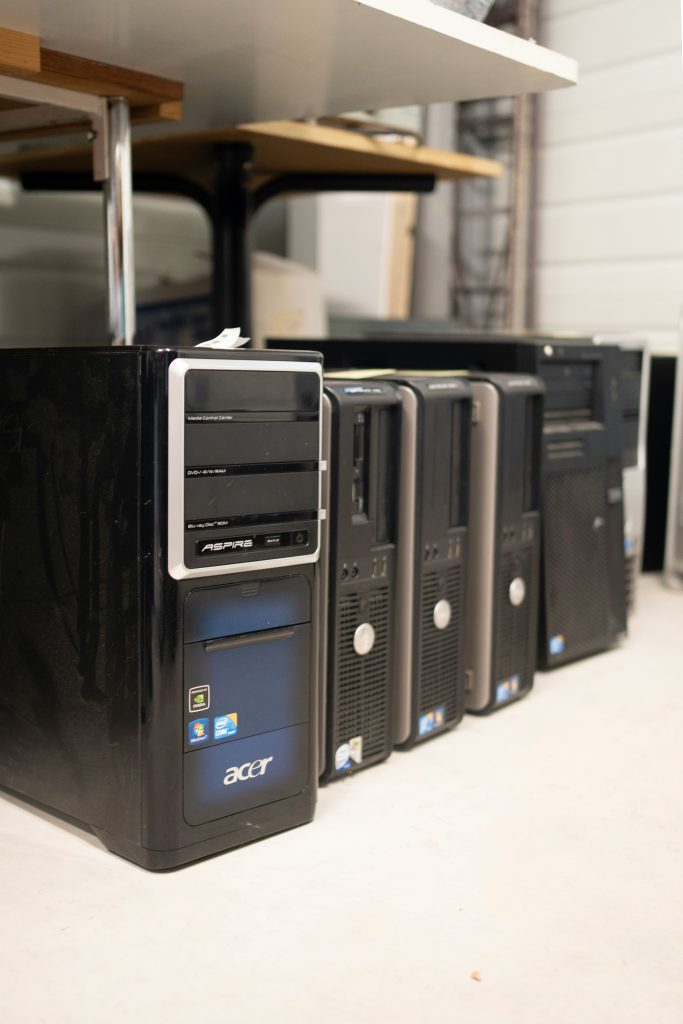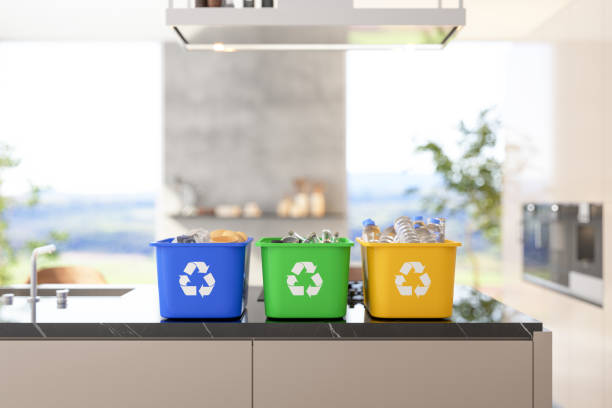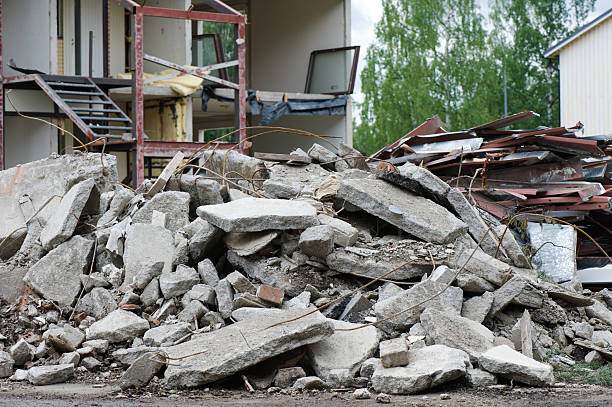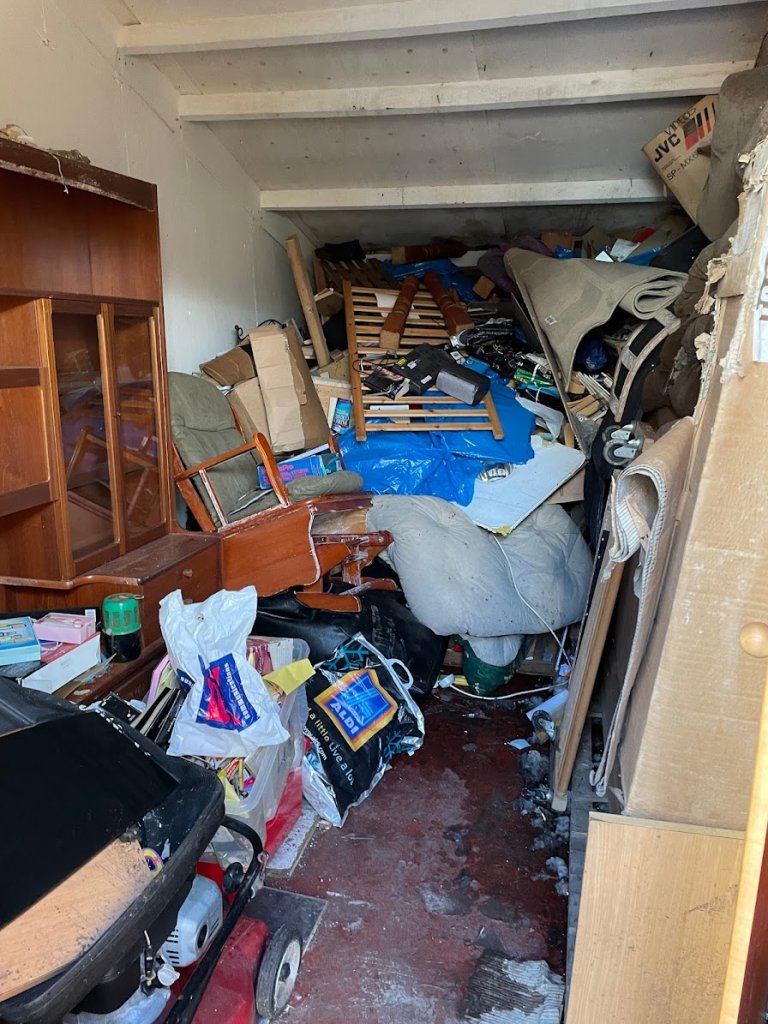How to Dispose of a Computer? WEEE Clearance Edinburgh
When it comes time to upgrade or replace your old computer, getting rid of it can be challenging. Throwing it out with the trash is not an option due to environmental and security concerns. This piece will discuss how to dispose of a computer and printer in an environmentally responsible and secure manner.
Understanding the significance of proper computer disposal
Computers and other electronic devices have become an essential part of our daily lives. We rely significantly on these devices for both business and recreation. However, with the ongoing evolution of technology, we often find ourselves upgrading to newer and quicker versions, leaving our older devices to collect dust. It’s important to note that these outdated devices should not be regarded as typical trash and must be properly disposed of.
Appropriate computer disposal is not only beneficial to the environment but also essential for data security. Let us examine this reason in more detail.
Concerns related to the environment
As previously stated, lead, mercury, and cadmium are among harmful elements found in old computers and electronics. These substances are harmful to the environment and can create health issues in both humans and animals. When these substances end up in landfills, they can leak into the soil and groundwater, polluting the surrounding environment. This can be destructive for the native fauna and flora, as well as have significant impacts on human health.
To protect the environment, these substances must be disposed of appropriately. There are various options for doing this, including recycling, donating, or reselling your old electronics.
Privacy and security of data
Data security is another big issue when it comes to computer disposal. Passwords, financial documents, and other sensitive data are commonly found on old PCs and laptops. If this information falls into the wrong hands, it can be used to commit identity theft, fraud, and other criminal acts.
Before disposing of your old computer, take the necessary steps to ensure the security of your personal information. This can include either physically destroying the hard disc or wiping it clean. It is also important to choose a reliable firm or organisation for computer disposal to ensure that your sensitive information is handled with care.
Computer and printer disposal is essential for environmental and data security concerns in office clearance. You must take the proper steps to dispose of your outdated devices. By doing so, you can help protect the environment and keep your personal information from ending up in the wrong hands.

Preparing Computer for Disposal
When disposing of your computer, you must prepare it properly. This not only ensures the security of your personal data but also reduces the possibility of sensitive information falling into the wrong hands. Here are some more things you can do to prepare your computer for disposal:
Backup your files
Before you dispose of your computer, make sure you back up any important information on it. This consists of documents, photographs, and other data. You can back up your data on an external hard drive or upload it to a cloud storage provider for secure office clearance service. It is also a good idea to check for any software licences or product keys that you may require when reinstalling programmes on a new computer.
Backing up your data might be time-consuming, but it is essential to keep your important files safe. It is also an excellent opportunity to browse through your files and delete anything you no longer use, freeing up space on your hard disc.
Delete Personal Data
Another important step in getting your computer ready for disposal is to delete any personal information. This can be accomplished manually by deleting files and directories, or by using a data-wiping tool to remove all data from the computer. Simply deleting files and folders is insufficient; they can still be restored with data recovery software. Use a data wiping tool to totally wipe your personal info.
There are numerous data wiping tools available, both free and paid, that will safely remove all data from your computer. These tools employ powerful algorithms to repeatedly wipe the data on your hard disc, making it nearly impossible to recover any information. CCleaner, Eraser, and DBAN are among the most popular data cleansing tools.
Reset the computer to factory settings
Resetting your computer to factory settings will wipe all data and restore the computer to its original state. This can be performed either using the computer’s built-in reset option or by reinstalling the operating system. If you wish to sell or donate your computer, resetting it to factory defaults is a smart idea because it gives the future owner a clean slate.
However, resetting your computer to factory settings will not entirely remove all data on your hard drive. If you want to be certain that your personal data is totally wiped out, you should use a data wiping programme in addition to resetting your computer to factory settings.
Following these steps will ensure that your personal information is protected and your computer is ready for disposal. Remember to dispose of your computer responsibly, whether by recycling it or donating it to a respectable agency.
Recycle your computer
Recycling your computer is not just a responsible method to dispose of it; it also benefits the environment. Did you know that electronic garbage (e-waste) is one of the world’s fastest-growing waste streams? By recycling your computer, you are helping to limit the amount of e-waste that ends up in landfills and is potentially hazardous to the environment.
Recycling your computer contributes to the conservation of natural resources. Your computer’s useable components, such as the hard drive, motherboard, and power supply, can be recycled and reused in other electronic devices. This reduces the need to extract and produce new materials, which can be costly and harmful to the environment.
Find a certified electronics recycling facility
To ensure that your computer is properly recycled, look for a certified electronics recycling service. Not all recycling facilities are created equal, and some may not use ecologically friendly procedures for computer and equipment clearance. To identify certified electronics recyclers in your surrounding areas, contact your local waste management organisation or contact us. You can also find a certified electronics recycler in your area by searching online.
When you use a certified electronics recycler, you can be confident that your computer will be recycled safely and properly. The recycler is going to stick to tight rules to guarantee that dangerous substances like lead and mercury are appropriately removed and disposed of. They will also make efforts to ensure that all personal information on your computer and equipment is safely destroyed.
Getting your PC ready for recycling
You should take a few steps to prepare your computer before recycling it. First, remove any external devices, such as a mouse or keyboard. These items can be used or discarded separately. Next, ensure that your computer is fully turned off and unplugged. This will keep you safe from electrical shocks and ensure that your computer is not accidentally turned on during the recycling process.
You should also consider deleting any sensitive information from your computer’s hard disc. This can be accomplished by using data-erasing software or physically removing the hard drive from your computer. If you are not comfortable doing it yourself, a qualified electronics recycler can assist you.
Recycling computer parts separately
If you have technical skills, you might be able to recycle your computer components independently. This entails disassembling the computer and recycling the individual parts separately. Metal casings, for example, can be recycled as scrap metal, whereas circuit boards can be recycled for their precious metal content.
However, it should be remembered that not all computer components are recyclable. Some parts, such as batteries and some polymers, may require separate disposal. It is also important to follow basic safety protocols when disassembling your computer, as some components may still contain hazardous elements.
Recycling your computer contributes significantly to environmental protection and natural resource conservation. So, the next time you need to get rid of an old computer, try recycling it instead of throwing it away.
Donate your computer
Donating your computer is an excellent way to give it a new life while also benefiting those in need. Your old computer can be a significant asset to someone who cannot afford a new one. Donating your PC also helps to reduce electronic waste and preserve the environment.
Finding a reputable organisation
When donating your computer, you have to pick a reputable organisation that will put it to good use. You can give your computer to a school, library, or charitable group. These charities often organise programmes to refurbish computers and distribute them to individuals or families in need. You may be confident that your computer will be put to good use if you donate it to a trustworthy organisation. If it’s too time-consuming, simply hire Jettison Express to handle it for you.
Get your computer ready for donations
Before donating your computer, make sure to back up any important files, remove any personal information, and return the system to factory settings. This will help preserve your personal information while also allowing the next owner to begin with a clean slate.
Backing up your data is vital because after you donate your computer, you will no longer be able to access the files or documents saved on it. You can backup your data to an external hard drive or a cloud storage provider.
Protecting your privacy also requires you to delete personal information. This includes any saved passwords, internet history, and personal files. You can use a data cleaning tool to totally remove all personal information from your computer.
Tax Deductions
It’s possible that you can receive a tax benefit if you donate your computer to a recognised charity. The computer’s fair market value is something you can write off on your tax return. Nevertheless, it’s important to preserve records of your donation, such as the organization’s name, the donation date, and the computer’s fair market value.
Conclusions
Finally, donating your computer is an excellent method to give it a new life while also benefiting those in need. You may help the environment and your community by donating your computer to a respectable group and potentially qualifying for a tax benefit.







